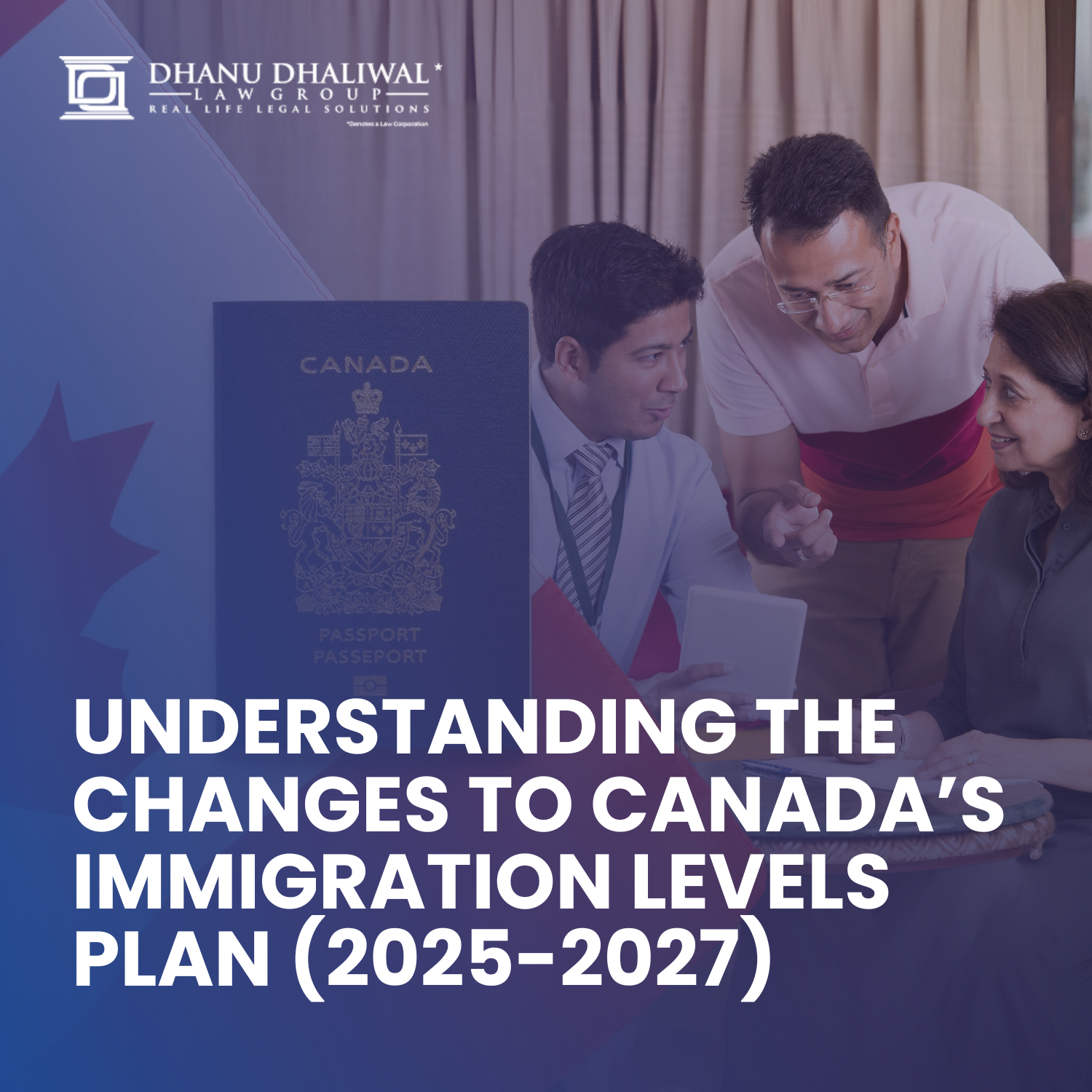Immigration, Refugees and Citizenship Minister Marco E. L. Mendicino, Public Safety and Emergency Preparedness Minister Bill Blair and Health Minister Patty Hajdu recently announced new changes to the travel restrictions in place since the beginning of lockdown in March of this year.
New measures will be taken to ensure public safety and quarantine monitoring. This includes:
- Strengthened public health presence at the border
- Enhanced quarantine monitoring
- Increased use of digital forms to share information between provinces and territories
In addition to enforcing travel restrictions, a process will be introduced to support enhanced family reunification. This process aims to support enhanced family reunification, including those in long-term exclusive relationships, international students and entry for compassionate reasons.
Improvements to Travel Restriction Measures
Government efforts to minimize the spread of COVID-19 through Canada’s borders has proven effective so far. Currently, travel restrictions that were set in place in March still stand, as well as mandatory quarantine measures upon entry to Canada.
“The travel restrictions we’ve put in place to protect the health and safety of Canadians remain in effect, and we must continue to be disciplined and vigilant in our response to the COVID‑19 pandemic. The updates announced today respond to the needs of Canadian families who have been separated from their loved ones by international borders, some of whom are facing the most difficult period of their lives. Canadians and anyone intending to travel to Canada must follow the quarantine requirements and public health guidelines to help control the spread of COVID‑19. There are strict but necessary penalties in place for those who break these rules.”
—The Honourable Marco E. L. Mendicino, P.C., M.P., Minister of Immigration, Refugees and Citizenship
190 public health officials will be deployed to 36 ports of entry, which account for 90% of traffic into Canada. These ports will continue to maintain 24/7 access to quarantine officer support through the Central Notification System.
To improve information-sharing, the Public Health Agency of Canada has deployed digital portals for travellers to share their critical information, including through the ArriveCAN app, so data can be transmitted to provinces and territories quickly and securely.
Compliance and Enforcement Efforts
The Canadian government also plans to improve compliance and enforcement efforts to mitigate the spread of disease.
To do this, the government monitors quarantined travelers. This is done by screening officers, who make approximately 4,300 live calls and 3,500 automated calls daily to travellers. The Public Health Agency of Canada is working with Service Canada to further increase these numbers.
Law enforcement agencies such as RCMP are recruited to check in on individuals who cannot be reached, or are suspected of breaching their quarantine. These agencies have full authority
in jurisdictions that have signed on to the Contraventions Act ticketing regime to issue fines up to $1,000. An individual who repeatedly breaks their quarantine may be subjected to multiple fines.
Under the Quarantine Act, an individual can face fines of up to $750,000 for non-compliance. The fine may also come with a prison sentence of up to 6 months. Willfully or recklessly contravening the Quarantine Act could also result in fines of up to $1 million and 3 years’ imprisonment.
Family Reunification
Despite increased quarantine compliance and enforcement efforts, IRCC seeks to continue its efforts of family reunification.
IRCC recently announced improvements to the Parents and Grandparents Program, and efforts to expedite the process of submitting spousal applications.
Additionally, IRCC released a statement in regards to the matter:
“With these robust protections in place, processes are being introduced to support greater family reunification, entry for compassionate reasons, and the safe and gradual entry of some international students. More specifically, these processes will provide for the entry of
- certain extended family members of Canadian citizens and Canadian permanent residents, including those in an exclusive dating relationship of at least 1 year and their dependent children, as well as adult children, grandchildren, siblings and grandparents
- foreign nationals for compassionate reasons in specific circumstances, such as life-threatening illness, critical injury or death, with potential limited release from quarantine
- international students, starting October 20, 2020, if they will be attending a designated learning institution that has been identified by their provincial or territorial government as having a COVID‑19 readiness plan in place
Detailed information on who may qualify as an extended family member and the process and requirements to be eligible to travel to and enter Canada will be available on the Immigration, Refugees and Citizenship Canada website on October 8, 2020. There will be a robust process in place for extended family members, and each traveller will need to apply for and be issued an authorization before they can travel to Canada.”
More information on eligibility and travel/entry to Canada will be announced on the Public Health Agency of Canada’s website.
It must be noted that travelers should not make plans to enter Canada until they have met all travel requirements and obtained authorization to come to Canada under the rules established in March. Any foreign national showing signs or symptoms of COVID‑19 will not be allowed to enter Canada.






